Look at what the Kat dragged in - 06/2025
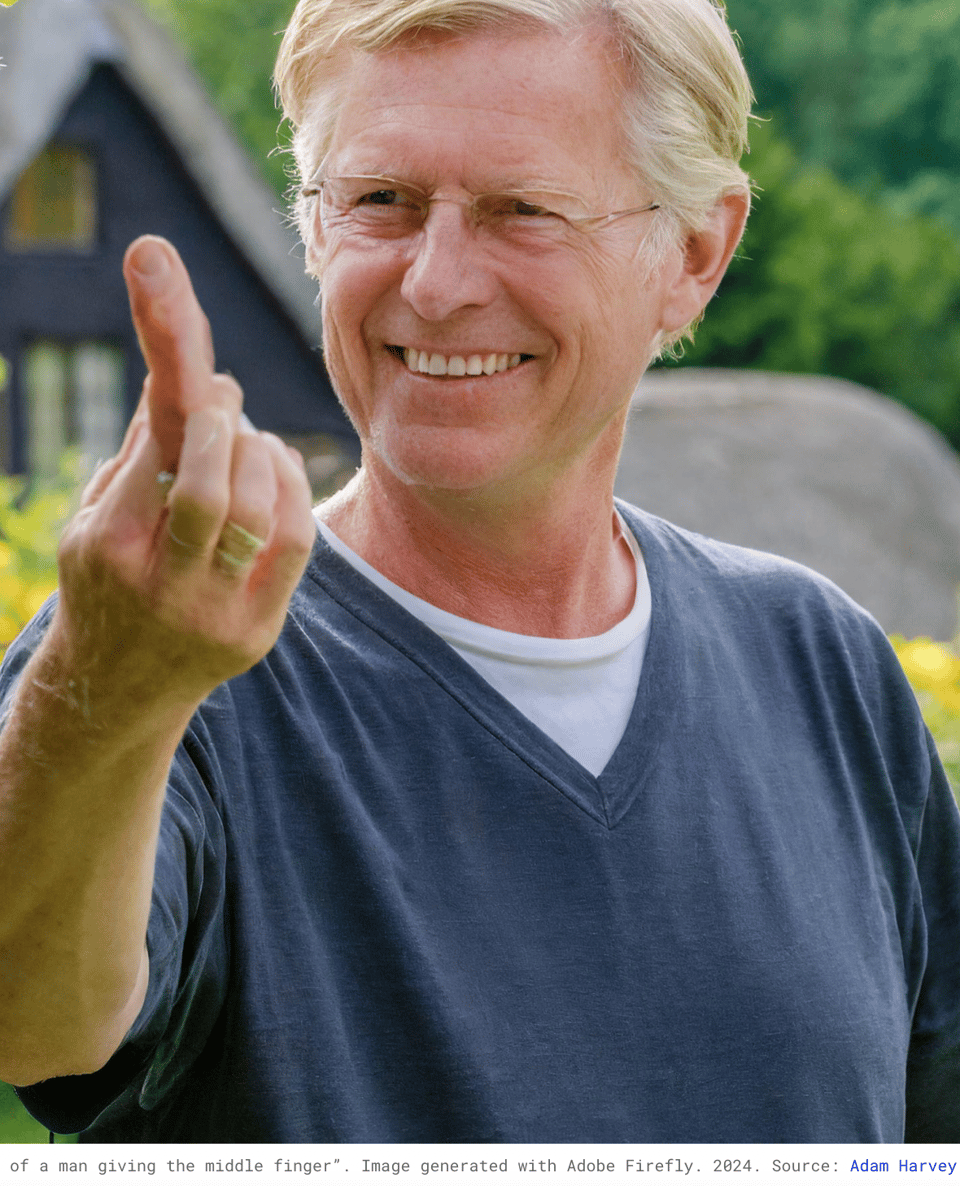
Things i noticed:
Sorry in advance—this one’s going to be a bit meandering and intense -AGAIN:
I’ve “just” returned from a trip to different spots of Northern Italy, which offered both beautiful and less pleasant encounters with nature and my mind (Franciacorta, to some, is what Ayahuasca is for others - a gateway). I lost both both my kitten heels and a tiny piece of my heart walking through Chemnitz. (Maybe i need to live in a Mittelstadt with proper industry culture again.)
Has anyone else noticed how the synth interlude in Hold Me Now by the Thompson Twins sounds very similar to The Polices’ Every Little Thing She Does Is Magic ? Where did Cornetto Bottermelk Zitrone go? (It’s mysteriously absent from my Späti’s freezer and multiple others.)
And lastly: why is it still so difficult for Germany—especially its political leadership—to recognize war crimes for what they are, and to respond in accordance with international law?
Things we Missed
panke.gallery hosted Bright Night, an immersive evening of live music, DJ/VJ sets, and one-night net art. Visitors had to be dressed in white, becoming part of the projection—not just watching the screen, but forming it.
"Zeit für Gaza" @ Literaturhaus Berlin is a new event series focusing on the STILL overlooked realities of Gaza. It highlights literature as a tool for memory, resistance, and self-determination. In the opening event, scholar Heba Tebakhi offered an introduction to Palestinian literature, showing how themes from the past disturbingly echo in our present. How can one tell stories and be a witness in a world where even storytelling itself faces constant erasure? - further reading: https://www.geschkult.fu-berlin.de/en/e/palread/index.html
Fixtures #4- “Embodied Data”: Fixtures is a meeting series that is very well curated itself, to miss this edition (by choice) was particularly sad: Cornelia Sollfrank and Felix Stalder discussed their book Contemporaneity in Embodied Data Practices, exploring the interplay between physical experiences and data in contemporary art and theory. Case studies/art works, created as part of the Latent Spaces cluster at ZHdK, use living bodies —human and avian— as interfaces to interrogate how data infrastructures shape and reflect multi-species ecologies: Sollfrank’s Breathing Data captures biometric data from her own breath control practice using sensors, turning her body into a site of data generation. Felix Stalder and Gordan Savičić’s Infrastructure of a Migratory Bird tracks the movements of birds via GPS to examine patterns of migration and territoriality -
bbk-kulturwerk.deMilitary Image Production / Aesthetic Appropriation / Reparative Circulation @ diffrakt - This event examined how military imagery is produced, aesthetically appropriated, and circulated: Cultural theorist Nina Franz and film scholar Cecilia Valenti discussed how modern warfare produces visual data, rooted in colonial image practices—such as photographic mapping during Germany’s genocide in South-West Africa (1904), Italy’s use of aerial surveillance in Libya, and Britain’s “air control” strategy in its Middle East mandates and explored what follows when such military image archives are reopened and re-circulated (f.i. in militant film cultures that repurpose colonial footage)-at times challenging traditional narratives of warfare.
“Rebels Clinic”: Fanon on Violence and Decolonization, presented by Berlin Review @ Salon am Moritzplatz - This discussion featured the magnificent Adam Shatz (LRB etc.) and Emilia Roig, analyzing Frantz Fanon's core theories (hold your horses, he died ages ago and it´s not that easy to transfer historic theory to current conflicts!) -centering on the psychological and cultural impacts of colonialism, arguing that colonization dehumanizes both the colonized and the colonizer. If true liberation required violent resistance, as only through radical upheaval can oppressed peoples reclaim their identity and agency, what follows? I believe in a way: Traumapolitics. (I have an entire event review to share on this - on demand.)
Grace Blakeley's Berlin book premiere: “Die Geburt der Freiheit aus dem Geist des Sozialismus” - Her bew book argues that capitalism’s promise of “freedom” is a façade that protects the powerful while undermining democracy (duh!). Drawing on current examples, Blakeley delineates how public resources are funneled into private hands through subsidies and deregulation, deepening inequality. With journalist Pauline Jäckels, she discussed how only collective action can counter the alliance between the uber-rich and right-wing politics.
De Bello: Notes on War and Peace @ Gresart671, Bergamo - This is from the Italian sojourn and was a really excellent show with works spanning six centuries and reflecting on the emotional and societal impacts of war (which resonated especially because I recently debated this topic with my friend CZV - Grüße !). The show spans histories of violent conflict from the Risorgimento to the Middle East and Latin America, and art becoming a tool of resilience, transforming violence into memory, and destruction into the possibility of renewal.
Among my favorites were a video piece on the Ustica plane crash (videocreation supervised by Laura Poitras) - and the objects of war retrieved by an italian journalist in Ukraine.Selma Selman – Motherboards @ MoMA PS1, part of “The Gatherers”: The Gatherers explores contemporary artistic responses to waste, excess, and the failures of globalization. Highlighting how artists use discarded materials, the exhibition reflects on how detritus takes on new meaning in today's political and environmental context and how built environment carries the echoes of past systems and ideologies, making politics visible in space and material. An early highlight must have been Selma Selmans performance “Motherboards”: disused computers were dismantled to reclaim alloys— a symbolic reversal of extractivism, accompanied by guitarists and opera singers. Drawing from her Roma family’s scrap metal business in Bosnia, Selman reframed recycling as a generational practice of adaptation and survival, now performed as art.
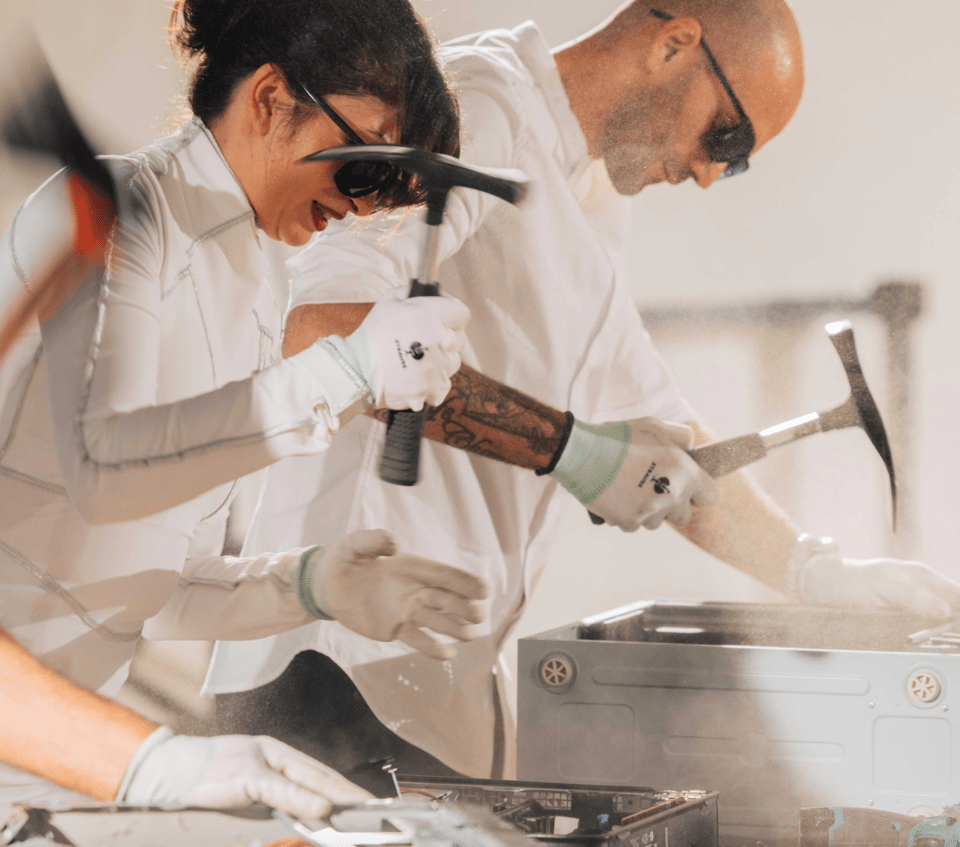
“Through laborious performances, Selman asks us to reconsider assumptions about value, challenging the way cast-off materials, identities, and histories are appraised” “Schlaf, Schlummer, Schwäche” @ diffrakt
In a world that doesn´t allow for pause, sleep appears as a disruption— a grain of sand in the machinery of production and presence. In literature, art, and theory, sleep and sleeplessness emerge mostly as images of fragility of the subject. What does it mean to approach sleep not just as a physiological necessity, but as a practice that rethinks passivity? Theresia Enzensbergers essay Schlafen explores the ambivalences between retreat and resistance, fatigue and exhaustion, surveillance and desire. In conversation with Holger Brohm, sleep and its fractures were discussed as a precarious threshold where subjectivity, body, and world are reordered—or undone.
Things to Do and See
The heroines are coming to town (or at least their sirenic voices): The itinerant sound art gallery Le son 7 arrives in Berlin with audio works by three artists: Laurie Anderson, Marina Abramović and Miranda July. at Glogauer Str 16, 26 June–6 July, (free).
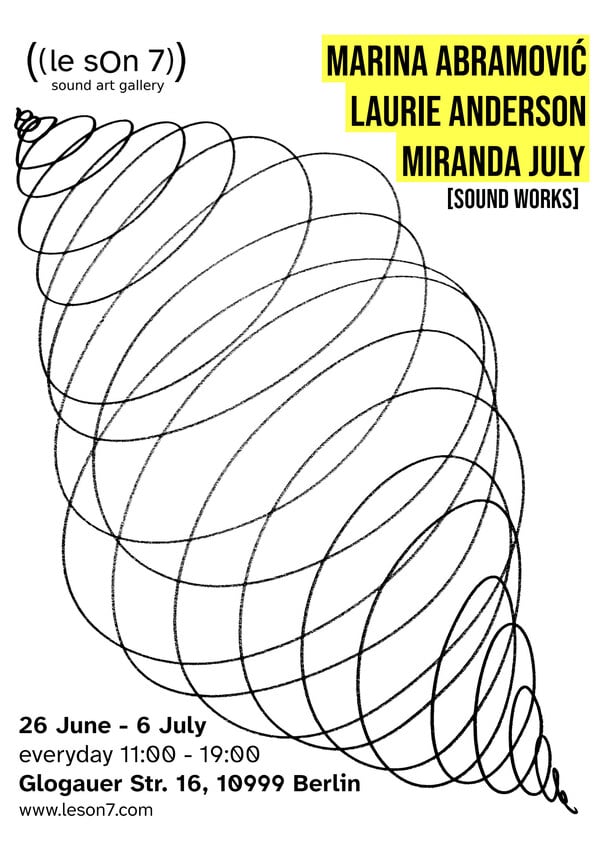
Dissident paths (ngbk & city) - There are many ways to walk: to stroll, to ramble, to stumble, to wheel, to trespass, to head somewhere specific or without direction, to meander, to get lost, to find one's way again. Whatever way one walks, moving between places creates a temporary link between two points - a wall of sorts. Dissident Paths is a curatorial project unfolding over 2025, by means of collective movement along traced, imagined, and yet-to-be-discovered paths across Berlin. Across five chapters titled PATHS, a total of 23 walks will take place. Led by invited artists, collectives, poets and cultural theorists, these walks take on multiple formats, expanding the idea of the walk towards performances, readings, open-air film screenings, sound interventions, foraging, board game sessions and more.
re:publica - Session recommendation: Esther Mwema – Cosmology & Internet Infrastructure
→ No shade, but since my departure as curator—(and not to say because of me, but (largely) due to mounting economic pressures and a growing audience with less(er) domain expertise—the programme is (imho), with a few exceptions missing the intellectual edge that I urge for -admittedly, i´m a snob. That being said, unexpected gems still pop up, as does my love for the rp (-Team). I’m only attending on Tuesday 27th to moderate, but I’ll be livestreaming sessions, including this: Digital inequalities expert and artist Esther Mwema presents Afro-Grids, a project that explores three “tech-enabled” climate futures. Her work grapples with the complex trade-offs between closing the digital divide and the environmental toll of expanding Internet infrastructure in Majority Countries. By unpacking the cosmologies (=deep-rooted value systems) that underpin global tech development, Mwema traces a line from colonial histories and present-day “green” solutions to a radically decolonial vision of the future. A critical challenge to the extractive logic still driving “Big Tech’s” expansion. Further recommendations: Grey but gold: Diedrichsen!!!https://re-publica.com/de/session/denken-generationen-gegen-denken-der-geschichte- This event series explores the evolving relationship between artificial intelligence, neuroscience, and collective forms of intelligence, challenging dominant (Western) notions of the brain as a disembodied, individual control center by drawing attention to alternative models of cognition as found in f.i. fungi, slime moulds, plants, and Indigenous epistemologies. Digital cannibalism—a phenomenon where AI systems increasingly train on data generated by other AIs (rather than on original human content) is a central theme: Recursive processes degrade the richness of outputs. By comparing this development to the concept of anthropophagy from 1920s Brazilian modernism—where “eating the other” symbolized cultural synthesis: does AI erode difference through unchecked assimilation? What does it mean to think, relate, and create in a time when machines are increasingly shaping our understanding of life? (This event tip is brought to you in an AI-enhanced newsletter,haha!).
“Gefühle am Ende der Welt” Folge 13: DEUTSCHLAND @ Volksbühne am Rosa-Luxemburg-Platz
- (Diedrichsen again!) Germany is on the wrong track—though there’s little agreement on which one that might be specifically. It falters. The domain of worriers and “champions of memory culture” has, for years, lurched from one impossibility to the next. Founded on a principle of self-restraint, Germany has long claimed the mantle of rational authority—seeking to suppress emotion, only to see it erupt in the least expected places: the realm seems to have slipped into a kind of psychosis, unable to recognise itself (or too close to its core to see resemblance) amid arms shipments, austerity, and moral contradiction, stirring wild emotions all over the globe. Few diagnose this drift more acutely than Diedrich Diederichsen, essayist, theorist, da(n)dy. From his early days at Sounds and Spex in the 1980s to his recent essay collection Das 21. Jahrhundert, he managed to trace the intersections of culture, emotion, and ideology (and still be a very archetypical man despite all reflection, because he, closing in in warp speed on his 70th birthday, is partnered with an artist my age- how cliché!).
Angel(s) of History @ Bode-Museum
- At the heart of this exhibition is a seminal artwork of the 20th century: Paul Klee’s Angelus Novus, which was once owned by philosopher Walter Benjamin. The artwork accompanied him into exile (and death) and was described by Benjamin in one of his final texts as an “angel of history”. The "Angel of History" to him is a symbol of witnessing the continuous disaster of human history, unable to intervene, while being forcibly carried into the future by the illusion or force of progress (Progress, for Benjamin, isn’t a straight line toward betterment—it’s a storm that leaves devastation behind.) The show furthermore brings together all kinds of cherubs from Berlin Museums that were damaged during the Second World War.
Alfredo Jaar @KINDL
- Since the mid-1980s, Alfredo Jaar has been investigating the theme of resource greed and its consequences, central to this site-specific installation at KINDL. With “The End of the World” Jaar brings attention to the struggle for resources for technology supply chains – a significant factor in international conflicts: Cobalt, rare earths, copper, tin, nickel, lithium, manganese, coltan, germanium, and platinum – these ten strategic metals vital to digitalisation, electro-mobility, high-tech applications, and storage media are stacked in one small but mighty installation. Despite the growing demand for these materials, their extraction is fraught with severe human rights violations and environmental destruction (see booklet), and not only are they essential for civilian technologies, but also for the military sector- underpinning the functionality of modern weapons systems and high-tech armies, anticipating in a double-bind scenarios of future resource wars. Net zero is impossible without the exhibited minerals. Yet: the extraction of each is the end of the world.Signals of Power – Nauen, Kamina, Windhoek @ Brandenburg Museum - gesellschaft-kultur-geschichte.de
- This exhibition, open until November, delves into the historical role of early wireless communication as a tool of colonial dominance: It centers on a triangular network of radio stations established by the Telefunken conglomerat and the German Empire as PPP in the early 20th century: Nauen in Germany (home to the world's oldest still-operating high-power radio station), Kamina in present-day Togo, and Windhoek in Namibia. These stations were integral to the empire's efforts to assert global influence and control over its colonies through advanced telecommunications technology. Signals of Power continue to resonate today,
compelling to examine how digital infrastructures, media ownership, and information sovereignty
shape our modern power dynamics and collective memory.
Brown Bag Sessions by Green Screen Coalition
-The Green Screen Coalition (a group of funders and practitioners looking to build bridges across the digital rights and climate justice movements) is hosting a series of “brown bag” talks on the intersection of technology and the environment. The next session (June 2, online) examines the semiconductor industry's environmental and social costs, featuring voices from digital justice, environmental research and chip policy.

found footage, Charlotte Gneuß
(Random) Things from the Internet
As I will not be traveling to the US anymore for the foreseeable future (as I value both arts and sciences and human rights, but still love New York (unrequited) from afar), these essays are a stand-in:
"Why I Broke Up with New York" (Lena Dunham)
& "Goodbye to All That" (Joan Didion)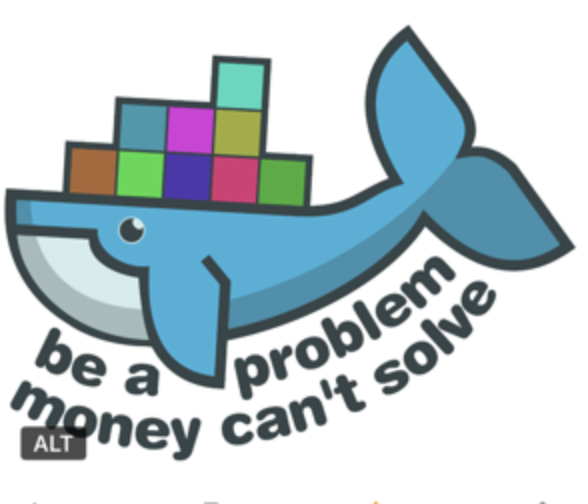
Cornelia Schleime – Stasi Series
Being the woman they want her to be: I discovered this series at Palais Populaire and although I don´t like much else by Schleime, this is quite fun, yet grim. (More via Critical analysis (Journal of Visual Art Practice)
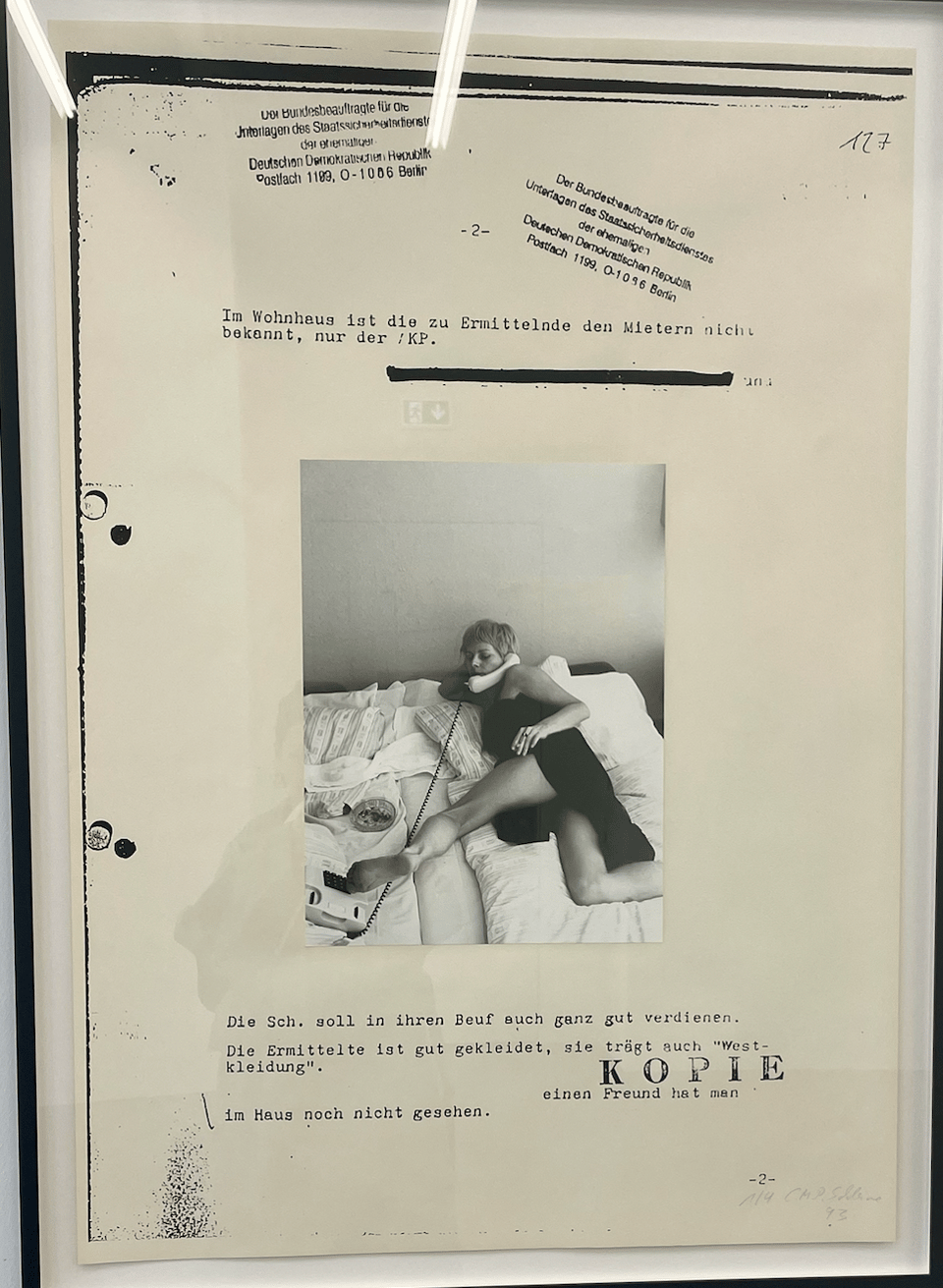
Einen Freund hat man im Haus noch nicht gesehen. Book: Bernhard Cella -"A Century of Injured Men"
- Bernhard Cella’s art book depicts a haunting visual archive of recovering men across a century. Blending medical imagery with staged serenity, the work quietly disrupts ideals of masculine vitality. Beneath each composed photograph lingers the unseen trauma—the injury, the accident, the war. As Virilio wrote: images are ammunition; cameras, their weapons

Things i watched and liked:
"Dying for Sex" – Series (Disney+)
“Marzahn, mon amour” – ARD Mediathek
Books I ordered/bought for holiday reading (… my biggest book influencers are my friend Eva, the Internet and my multiple (!) bookclubs!) - I haven´t started any but am thrilled:
Recent publications:
- Lauren Elkin - Fassaden / Scaffolding - a New York Times Editor's Choice which the Observer called both "erudite" and "horny."
- Susie Boyt - Loved and Missed a seductive, clear-eyed account of the delights and dangers of caring for others.
The classics:
- Graham Greene - The End of the Affair - oddly co-focused on religion, but very crafty!
- Martin Amis - Die Hauptsachen/Experience - “a writer equipped with a daunting arsenal of literary gifts: a dazzling command of language, a willingness to tackle large issues and larger social canvases and an unforgiving, heat-seeking eye for the unwholesome ferment of contemporary life.” (and: sometimes a fuckwit!)
- Renata Adler - Gone - From a legendary journalist and star writer at The New Yorker a (very funny!) insider's look at the magazine's tumultuous, glorious years under the direction of William Shawn (the 30 years leading up to 2000). More on Adler: https://www.theatlantic.com/magazine/archive/2015/05/renata-adler-troll-or-treasure/389537/
This is very much all for now. Bye! K.
PS if you have anyone else who should be subscribed: